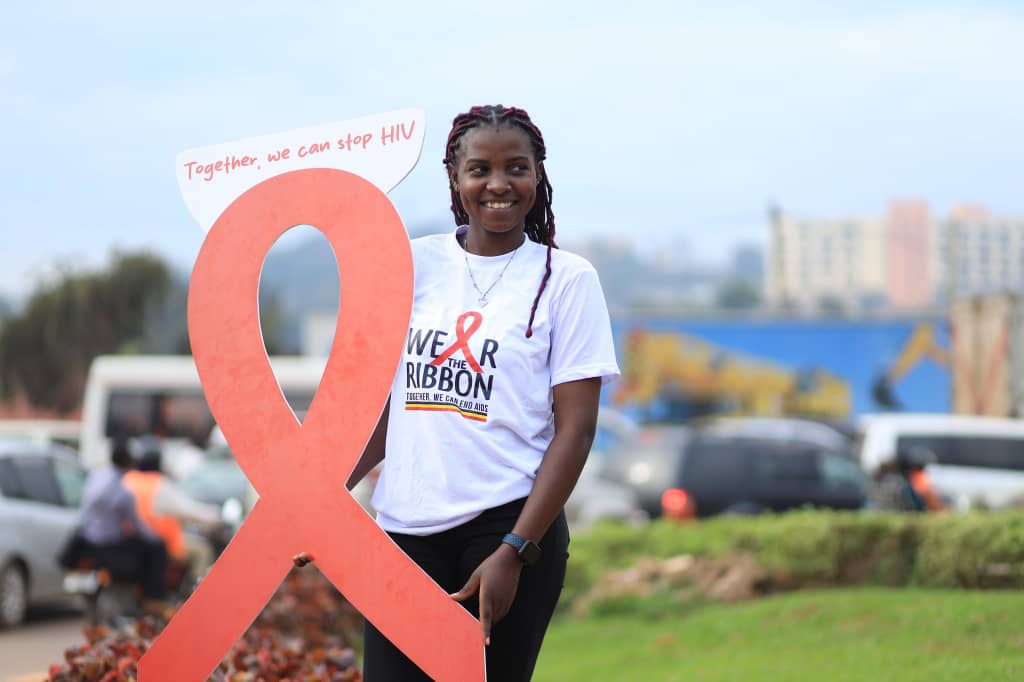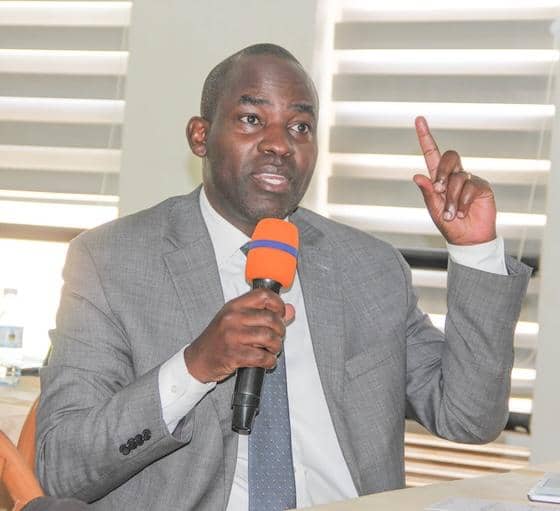
 Tiger FM
Tiger FM

 Tiger FM
Tiger FM
13 December 2024, 10:43 am
By Ronald Ssemagonja
The Uganda National Principal Investigator, Dr Flavia Matovu, has expressed concern about the fight against stigma among people living with HIV and AIDS in Uganda. Dr Matovu made her remarks during the AIDS Symposium at the Sheraton Hotel in Kampala, where various individuals, particularly young people, gathered to discuss ways to combat the spread of HIV and AIDS in their communities.
According to Dr Matovu, more than six million people are estimated to have started PrEP since its initial approval. PrEP is a treatment given to people exposed to HIV or those who engage in sexual activities with individuals whose status is unknown or with those living with HIV.
“Over 3,000 new infections per week were reported among young women according to a 2022 report. This is changing as we speak. We need to engage everyone in the fight against AIDS in this country. The government has done its part; it is now up to each individual to join this fight if we are to meet the 2030 target,” she said.
Meanwhile, Dr Daniel Byamukama, the HIV Prevention Strategic Head, emphasised the need for action. “In Uganda, HIV prevalence remains high among key populations,” he said. The report indicates that each year, 6,000 babies are born with HIV, and among those who contract the disease, 17% are people who inject and use drugs, 33% are sex workers, and 15% are prisoners. There is an urgent need to break the stigma and raise awareness to ensure a healthier future for all.
Over the past decade, Uganda has successfully reduced new HIV infections by 60%, driven by comprehensive prevention efforts such as education, condom distribution and use, and treatment-as-prevention strategies. HIV testing is crucial as it enables individuals to seek treatment if they are HIV positive and remain focused if they have HIV.
According to the report, the emphasis for HIV prevention should be placed on young people, particularly women, as they are the most vulnerable. With global and domestic financing for the HIV response decreasing, sustainable measures are needed. The young people who attended the symposium thanked the organisers for the meeting, as it allowed them to learn many things they did not previously know about HIV. “I call upon my fellow young people to join the fight against HIV because it affects us all. People should wear a red ribbon as a reminder,” Sharon said.
World AIDS Day was celebrated on 1st December this year under the theme: Accelerating Interventions to End AIDS by 2030.
